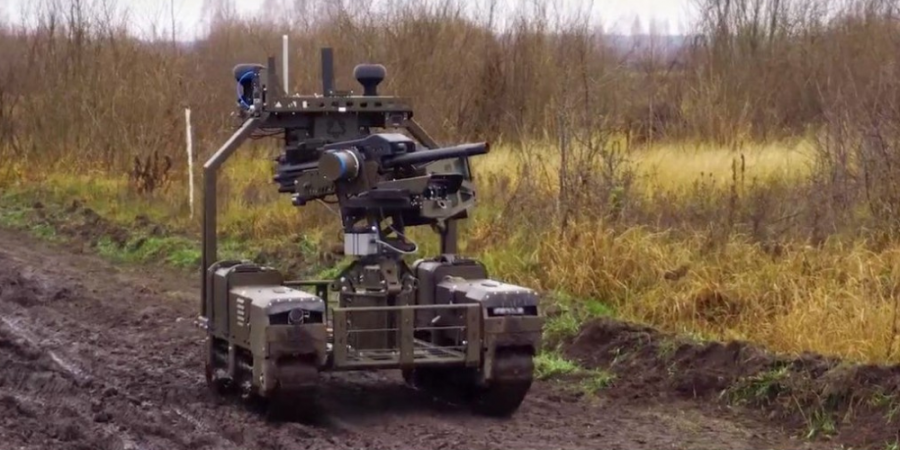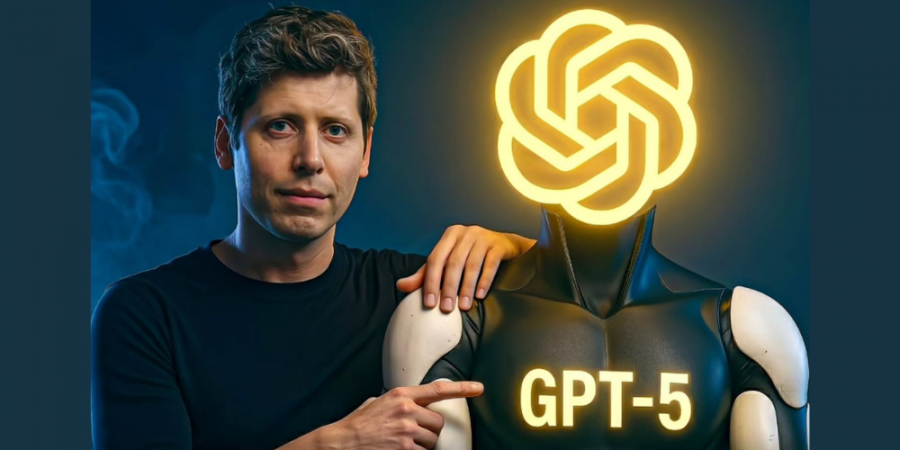The rapid rise of AI has reshaped how people work, learn, communicate, and solve problems. While these tools can handle tasks faster and more efficiently than ever before, there’s growing concern about what we might be losing in return.
Hundreds of industry leaders, researchers, and tech insiders are voicing concerns that the more we depend on AI, the more we risk losing key human abilities like empathy, creativity, and independent decision-making.
Experts Raise Concerns Over Human Dependency
A recent report from Elon University surveyed over 300 tech professionals, including well-known figures like Vint Cerf, often referred to as one of the creators of the internet. The report explores how AI is expected to shape human capabilities by 2035.

Freepik | The survey reveals a widespread belief that AI will significantly impact human thought and interaction.
Many of those surveyed believe AI will significantly affect how people think and interact. More than half said the changes will be both positive and negative, while about a quarter felt the shift would mostly bring negative outcomes. Only a small portion believed the effects would be mainly beneficial.
Some of the skills predicted to decline include:
– Social and emotional understanding
– Empathy and moral judgment
– Critical thinking and deep concentration
– Mental health and emotional well-being
The idea is that as AI takes over more tasks—whether it’s planning schedules, handling customer service, or generating content—people might grow too comfortable letting machines make decisions for them. Over time, this could lead to a reduced ability to think deeply, solve problems creatively, or connect emotionally with others.
AI’s Impact on Daily Life
AI agents are already starting to handle things like booking appointments, answering emails, and organizing to-do lists. That kind of convenience can be helpful. But experts worry it could lead to people becoming too dependent on automated help for tasks they used to manage themselves.
Vint Cerf, now a vice president at Google, put it plainly: “If these systems stop working, many people won’t know how to carry out basic functions without them.” He pointed out that something as simple as a power outage could have major consequences if people forget how to manage life without AI tools.
Changing the Way People Connect
Some experts say emotional connections are also at risk. Tracey Follows, a futurist and CEO of Futuremade, warned that AI might start handling jobs that require empathy—like caregiving or support roles. She explained that “people may even form attachments to digital personas,” raising serious questions about whether genuine, human relationships could get replaced by AI-driven interactions.
Already, there are cases where individuals build emotional bonds with chatbots. Some people have even recreated digital versions of deceased loved ones to talk to, while others have faced real harm from unhealthy interactions with AI companions. These stories raise deeper questions about how far technology should go in replicating emotional support.
Not All Predictions Are Negative

Freepik | Creative and productive fields like art and coding are already leveraging AI-driven tools.
Despite the warnings, there are areas where AI could help improve human performance. Many respondents said AI could boost:
– The ability to learn new skills
– Problem-solving and innovation
– Decision-making with better data
Tools that generate art, solve coding problems, or assist with medical research are already being used in creative and productive ways. And while AI might replace certain jobs, it’s also expected to create entirely new roles that don’t yet exist—offering new opportunities in different sectors.
Striking the Right Balance
There’s a shared belief that society still has time to make thoughtful choices about how AI is used. Regulation, better digital education, and strong ethical standards can guide development in ways that enhance, rather than weaken, human abilities.
Richard Reisman, a technology policy analyst, summed it up by saying that the next decade will be a deciding moment: “We can either build systems that support human growth or ones that slowly replace it.”
He also emphasized that too much influence from large tech companies could push things in the wrong direction, but added that it’s not too late to change course.
The Future of Human Thinking
While the tech industry races to improve AI’s capabilities, the more pressing question might be how humans choose to respond. Will people lean into these tools to grow and learn, or rely on them so much that vital human traits begin to fade?
AI is clearly here to stay. The key lies in using it as a tool—without letting it become a crutch. The goal should be to build a future where machines enhance what people can do, not replace what makes them human.










